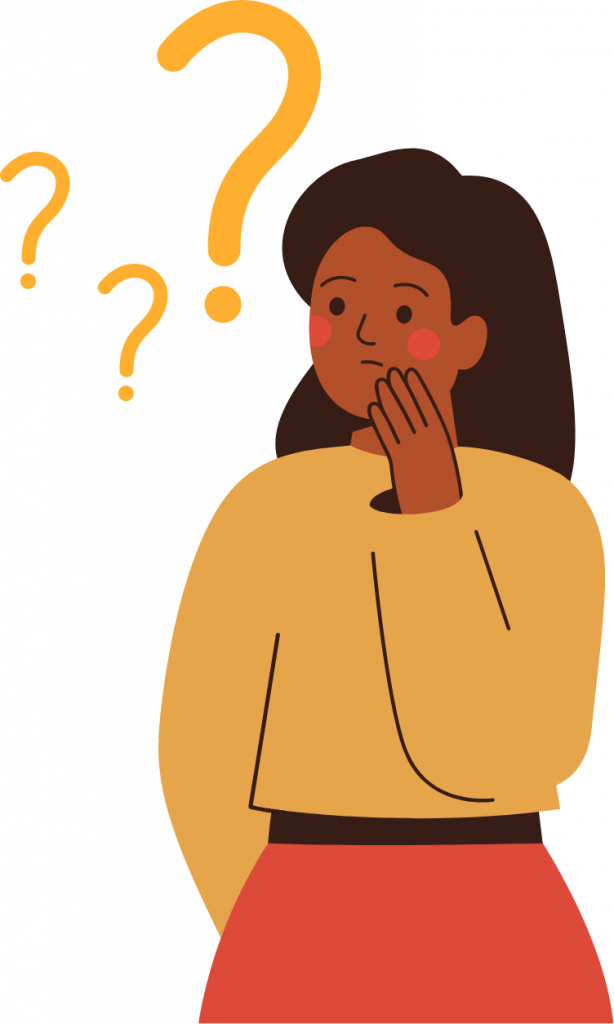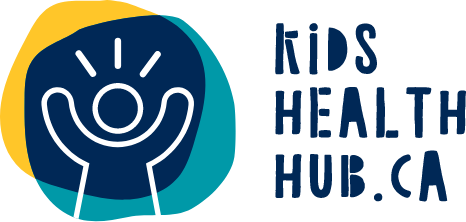

STRESS
What Is it?
Everyone has stress. Studies have shown babies can even feel their mothers’ stress before they are born. Stress impacts people of all ages. Stress is your body reacting and responding to changes or difficulties in your environment. How you respond to stress will not be the same in every situation. It depends on the type of stress.
Types of Stress
There are 3 types of stress children/teens are going to experience (and you, too).
- Positive Stress is a normal part of life and development. Positive stress can help children/youth learn how to deal with stress in the future. It helps with brain development. Positive stress can be from something enjoyable, like a rollercoaster, performing, or competitive sports.
- Tolerable Stress is more serious than positive stress. It can be from longer lasting or more difficult challenges. This could be like a breakup or death. It sets off the body’s stress response to a greater degree than positive stress. A healthy relationship with an adult can help to lessen the negative impacts of stress on the brain and body.
- Toxic Stress is severe, prolonged, or frequent stress. This could be from abuse, a parent/caregiver having a mental illness or addiction, seeing violence, and more. Toxic stress occurs when a child/youth does not have a supportive adult relationship. It increases the risk of health issues later in life. It can change the development of a person’s brain. A supportive adult relationship and healthy coping skills can make all the difference.

Signs of Stress
There are many different signs of stress. You might notice some of the following signs in your child/teen when they are stressed.
You might notice a teen/child complaining about the following:
Physical Signs
- Headache
- Tense muscles
- Chest pains
- Tired
- Upset stomach
- Issues sleeping
- Butterflies in their stomach
- Tingling sensation in your hands or feet
- Changes in breathing
- Repeated yawning
- Feeling flushed/turning red
You might notice a change in a child/teen’s mood or behaviours, too.
Mood
- Restlessness
- No motivation
- Inability to focus
- Overwhelming feelings
- Feeling irritable or angry
- Sad
- Anxiety
- Daydreaming
Actions
- Eating more or less
- Snapping at others
- Using drugs or alcohol to cope with the stress
- Isolating from others
- Not doing things you enjoy
How to Cope With Stress
Dealing with stress in a healthy way is important. It helps with overall wellness.
Coping Skills are how we deal with stress. It is important to have many different coping skills to use, because we may not be able to use each coping skill all the time.
Healthy coping skills help us deal with stress, solve problems, and help us remain in the present moment. Not every healthy coping skill will work for you/your child. It is about finding what helps you/them.
Healthy coping skills include:
Boundaries
- Schedule your time
- Make a to-do list
- Prioritize tasks
- Communicate your needs
- Limit some activities
- Set boundaries, say “no”
Spiritual
- Meditate
- Relaxation techniques
- Pray
- Go out in nature
- Volunteer
Physical
- Eat well
- Sleep well
- Keep a routine
- Take deep breaths
- Reduce using substances (caffeine, alcohol, or drugs)
Intellectual
- Think of things you are grateful for
- Think of solutions for the situations in your life
- Be adaptable
- Think of goals
- Write a pros and cons list
- Reward yourself for success
- Think of your strengths
- Accept the challenge
- Play a game
- Know your stress triggers
Social
- Talk to someone (loved one, counsellor, elder, or spiritual leader)
- Use assertive communication (Check out healthy relationships for more)
- Spend time with loved ones
- Play with a pet
- Encourage others
- Use humour
Keeping your mind off things
- Do something creative (draw, write, paint, sing, or dance)
- Listen to music
- Have a shower or bath
- Garden
- Go for a walk or drive
- Watch a funny movie
- Organize or clean your space
- Read a book
- Take a break
- Go outside
- Enjoy your hobbies
Reducing tension
- Exercise
- Get the emotions out (yell into a pillow, scribble on a paper)
- Cry
- Laugh
- Practice yoga
How to build healthy coping skills with children/youth?
- Practice healthy coping skills
- Build/encourage healthy relationships
- Encourage hobbies
- Implement mindfulness or relaxation techniques while working with children/youth (deep breathing before a test)
- Go for a family hike
- Learn something new together
- Provide options for when the child/teen is upset
- Provide a safe place to express emotions
Unhealthy coping skills make the stress worse. They might feel good or help you/children and youth you work with forget what is stressing you/them out at the moment, but it does not help to reduce stress. It can create more problems.
Unhealthy coping skills include:
- Criticizing oneself
- Harming oneself
- Snapping or being mean to others
- Emotional eating or not eating enough
- Using alcohol or drugs
- Avoiding friends
How to avoid unhealthy coping skills
- Talk about the risks of unhealthy coping skills
- Provide other options
- Connect with someone to talk to (loved one, elder, counsellor, spiritual leader)
- Encourage healthy connections
Resources
Common Coping Responses for Stress | HealthLink BC
Effects of Stress on the Brain » Alberta Family Wellness Initiative
Everything to Know About Stress: Causes, Prevention, and More (healthline.com)
Impact of Maternal Stress, Depression & Anxiety on Fetal Neurobehavioral Development (nih.gov)
Stress management: Know your triggers – Mayo Clinic
10+ Coping Skills Worksheets for Adults and Youth (+ PDFs) (positivepsychology.com)
If you would like to speak to someone about mental health issues, the Alberta Health Services Mental Health Help Line is available 24/7, offering information and referrals on any aspect of mental health.
Call toll-free: 1-877-303-2642
Trending Topics
Depression
Depression What Is It? Depression is a mood disorder which means it impacts how a person is feeling. It can cause a person to feel
Accidental Overdose
Accidental Overdose What Is it? An overdose is what happens to someone’s body when they take too much of a substance or too many substances.
Online Relationships
Online Relationships Online can be fun! There are games, music, and videos. We can talk to friends and family online. Tips for Being Safe Online:
Online Relationships
Online Relationships Online can be fun! There are games, music, and videos. We can talk to friends and family online. Tips for Being Safe Online:

